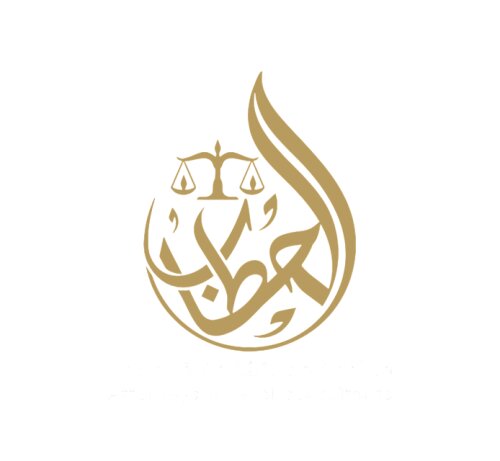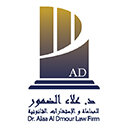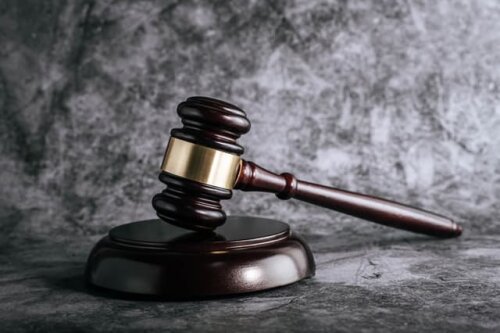Best Art & Cultural Property Law Lawyers in Hashemite Kingdom of Jordan
Share your needs with us, get contacted by law firms.
Free. Takes 2 min.
Or refine your search by selecting a city:
List of the best lawyers in Hashemite Kingdom of Jordan
About Art & Cultural Property Law in Hashemite Kingdom of Jordan
Art & Cultural Property Law in the Hashemite Kingdom of Jordan is a specialized area of law that focuses on the regulation, preservation, and legal aspects of cultural heritage and art. Given its rich history and cultural significance, Jordan has put in place a variety of laws and regulations aimed at protecting its cultural heritage. These laws cover a broad spectrum of issues, including the protection of archaeological sites, the control of artifact excavation and export, and the regulation of art trade within and outside the country.
Why You May Need a Lawyer
There are several situations where individuals or organizations may require legal assistance in the field of Art & Cultural Property Law in Jordan:
- Disputes over the ownership of cultural property or art pieces.
- Legal advice on the acquisition or sale of art and cultural artifacts.
- Defense against accusations of illegal excavation or trade of cultural items.
- Guidance on complying with local and international regulations regarding cultural properties.
- Representation in negotiations or legal proceedings involving government bodies.
Local Laws Overview
Key aspects of local laws concerning Art & Cultural Property Law in the Hashemite Kingdom of Jordan include:
- Antiquities Law: This law regulates excavation activities, the trade of cultural artifacts, and sets penalties for unauthorized handling of antiquities.
- Heritage Protection Policies: Legal frameworks establish guidelines for preserving cultural sites and integrating them into urban and rural development plans.
- International Treaties and Agreements: Jordan is a signatory to various international agreements aimed at preventing the illicit trafficking of cultural property.
- Protection of Intangible Heritage: Laws also cover the safeguarding of intangible cultural heritage, such as traditional crafts and performances.
Frequently Asked Questions
1. What is considered a cultural artifact in Jordan?
A cultural artifact in Jordan is typically defined as any item of historical, archaeological, or artistic value, which has been part of the region's heritage for a significant period.
2. Can I export cultural artifacts from Jordan?
Exporting cultural artifacts from Jordan requires government approval. Unauthorized export of such items is heavily regulated and can lead to severe penalties.
3. What should I do if I discover an artifact?
If you discover an artifact, it is crucial to report it immediately to the Department of Antiquities. Unauthorized handling or removal of artifacts is against Jordanian law.
4. Are there specific areas where excavation is prohibited?
Yes, certain sites are designated as protected areas where excavation is strictly prohibited unless conducted under the authority of the Department of Antiquities.
5. How can I verify the legality of an artifact's ownership?
You can verify the legality of an artifact's ownership by consulting with legal experts in the field or the relevant governmental bodies, such as the Department of Antiquities.
6. What are the penalties for violating Art & Cultural Property Laws in Jordan?
Penalties vary depending on the offense but can include fines, imprisonment, and confiscation of the illegally obtained items.
7. Is there a market for contemporary Jordanian art?
Yes, there is a growing market for contemporary Jordanian art both locally and internationally, subject to regulations that ensure the authenticity and legal sale of the works.
8. How does Jordan comply with international conventions on cultural property?
Jordan adheres to international conventions like the UNESCO 1970 Convention which prevents illicit trade in cultural property. The country has integrated these into national laws.
9. Can foreigners own cultural property in Jordan?
Foreigners can own cultural property, but ownership is subject to strict legal scrutiny to ensure proper provenance and compliance with local laws.
10. Are digital artworks considered under Art Law?
While primarily focused on physical artifacts, contemporary art laws are increasingly considering digital art under intellectual property frameworks.
Additional Resources
For those seeking more information or legal advice in Art & Cultural Property Law in Jordan, the following resources can be helpful:
- Department of Antiquities: The primary governmental body overseeing the protection of Jordan’s cultural heritage.
- Ministry of Culture: Works to promote and protect Jordanian cultural identities and heritage.
- National Library of Jordan: Holds archives and provides guidance on historical research related to cultural properties.
- Museums and Cultural Institutions: Many institutions offer insights and support for cultural heritage issues.
Next Steps
If you require legal assistance in Art & Cultural Property Law in Jordan, consider taking these steps:
- Consult with a Specialist Lawyer: Seek advice from legal practitioners with expertise in cultural property and art law.
- Contact Relevant Authorities: Engage with the Department of Antiquities or the Ministry of Culture for official guidance.
- Gather Documentation: Collect all relevant documentation related to your inquiry or case to present to legal counsel.
- Stay Informed: Keep abreast of any changes in local regulations and international conventions relevant to your interests or concerns.
Lawzana helps you find the best lawyers and law firms in Hashemite Kingdom of Jordan through a curated and pre-screened list of qualified legal professionals. Our platform offers rankings and detailed profiles of attorneys and law firms, allowing you to compare based on practice areas, including Art & Cultural Property Law, experience, and client feedback.
Each profile includes a description of the firm's areas of practice, client reviews, team members and partners, year of establishment, spoken languages, office locations, contact information, social media presence, and any published articles or resources. Most firms on our platform speak English and are experienced in both local and international legal matters.
Get a quote from top-rated law firms in Hashemite Kingdom of Jordan — quickly, securely, and without unnecessary hassle.
Disclaimer:
The information provided on this page is for general informational purposes only and does not constitute legal advice. While we strive to ensure the accuracy and relevance of the content, legal information may change over time, and interpretations of the law can vary. You should always consult with a qualified legal professional for advice specific to your situation.
We disclaim all liability for actions taken or not taken based on the content of this page. If you believe any information is incorrect or outdated, please contact us, and we will review and update it where appropriate.
Browse art & cultural property law law firms by city in Hashemite Kingdom of Jordan
Refine your search by selecting a city.














